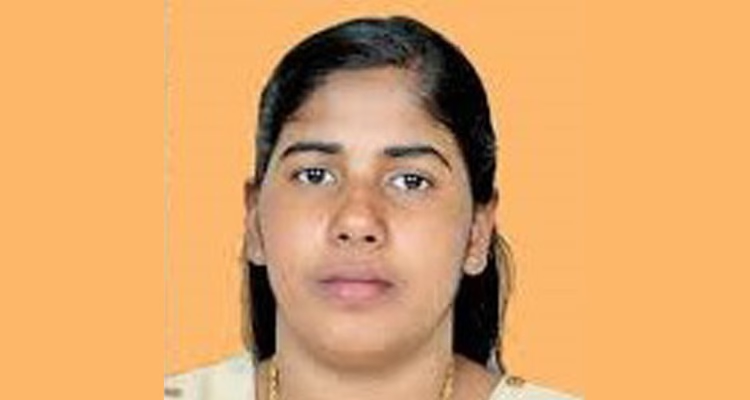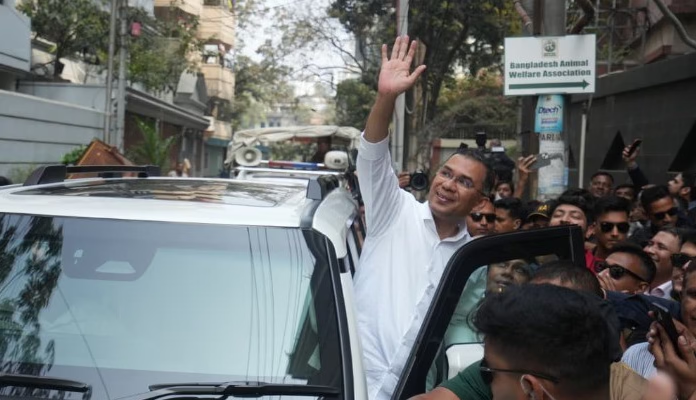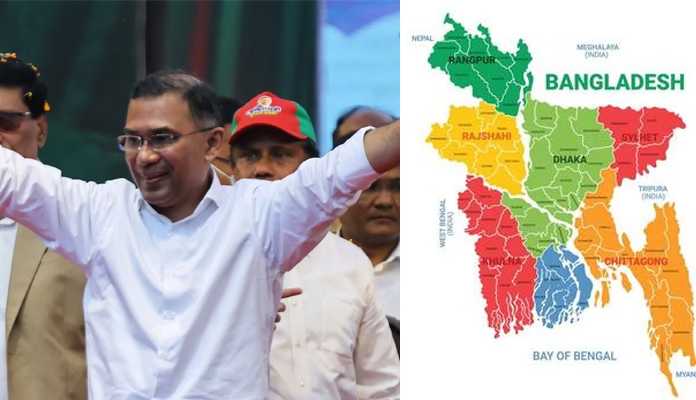
 by Sanjay Saxena
by Sanjay Saxena
Nimisha got a job as a nurse in a government hospital in Sana’a. Through hard work and dedication, she earned her place. In 2011, she returned to India and married Tommy Thomas, an auto driver. After the marriage, Nimisha and Tommy went back to Yemen. While Nimisha continued her nursing career, Tommy got a job as an assistant to an electrician. In 2012, they had a daughter. Everything was going well until 2014 when a civil war broke out in Yemen. Due to financial difficulties and visa restrictions, Tommy returned to India with their daughter, but Nimisha stayed back in Yemen to support the family financially.
While living in Yemen, Nimisha dreamed of opening her own clinic. According to Yemeni law, a foreign national needs a local partner to open a clinic. This is when Talal Abdo Mahdi entered her life. Talal was a Yemeni citizen who frequently visited Nimisha’s hospital. He promised to help her. Nimisha gave him 600,000 Yemeni Riyals to arrange for permits and a place for the clinic. Initially, everything seemed fine. The clinic started running, and Nimisha began earning well. But soon, Talal’s behavior changed.
With the worsening civil war in Yemen in 2015, Talal began harassing Nimisha. He listed himself as a shareholder in the clinic and tried to usurp a large share of the income. Nimisha alleged that Talal started claiming to be her husband through forged documents. He confiscated her passport, threatened her, and subjected her to physical and mental abuse. Nimisha reported that Talal would beat her while drunk, humiliate her in front of clinic staff, and bring his friends home at night, forcing her to have sexual relations with them. Many times, Nimisha had to spend nights on the streets of Yemen, where it is considered highly unusual for women to be outside alone at night.
In 2016, Nimisha gathered courage and lodged a complaint against Talal at the Sana’a police station. But instead, the police jailed her for six days. After her release, a prison warden advised her that she could get her passport back by injecting Talal with a sedative. In July 2017, Nimisha followed this advice. Her intention was not to kill Talal; she only wanted her passport back so she could leave Yemen and return to India. But unfortunately, the dose of the sedative turned out to be too strong, and Talal died.
Under stress, Nimisha sought help from a local woman named Hanan. Hanan suggested that they dismember the body and dispose of it in a water tank. In August 2017, the police arrested both Nimisha and Hanan. In 2018, a Yemeni court found Nimisha guilty of murder and sentenced her to death in 2020. Hanan was sentenced to life imprisonment. In 2023, the Supreme Judicial Council of the Houthi rebels upheld the sentence. Yemen’s President Rashad Al-Alimi approved the execution in 2024, although some reports claim the decision was taken by the Houthi rebels.
After the sentence, Nimisha’s family and the “Save Nimisha Priya International Action Council” made every possible effort to save her. Under Sharia law in Yemen, there is a provision for “blood money” (diyah), where compensation can be paid to the victim’s family in exchange for a pardon. Talal’s family demanded 5 million Yemeni Riyals (about ₹1.52 crore), but negotiations failed. The Indian government also reached out to Yemeni authorities, but the lack of formal diplomatic relations with the Houthi rebels and the ongoing civil war in Yemen complicated matters further.
Nimisha’s mother, Prema Kumari, has been in Yemen for the past year trying to save her daughter. On July 14, 2025, the Indian Supreme Court is scheduled to hear a petition demanding that the central government intervene. However, Nimisha is scheduled to be executed on July 16, 2025. In Yemen, the method of execution is by firing squad, where the convict is wrapped in a blanket and shot in the back.
Nimisha’s story is not just about a murder it’s about a woman who set out to fulfill her dreams but got trapped in a web of deceit, exploitation, and unfortunate circumstances. Her family, human rights activists, and the Indian government are still making last-ditch efforts to save her life.




